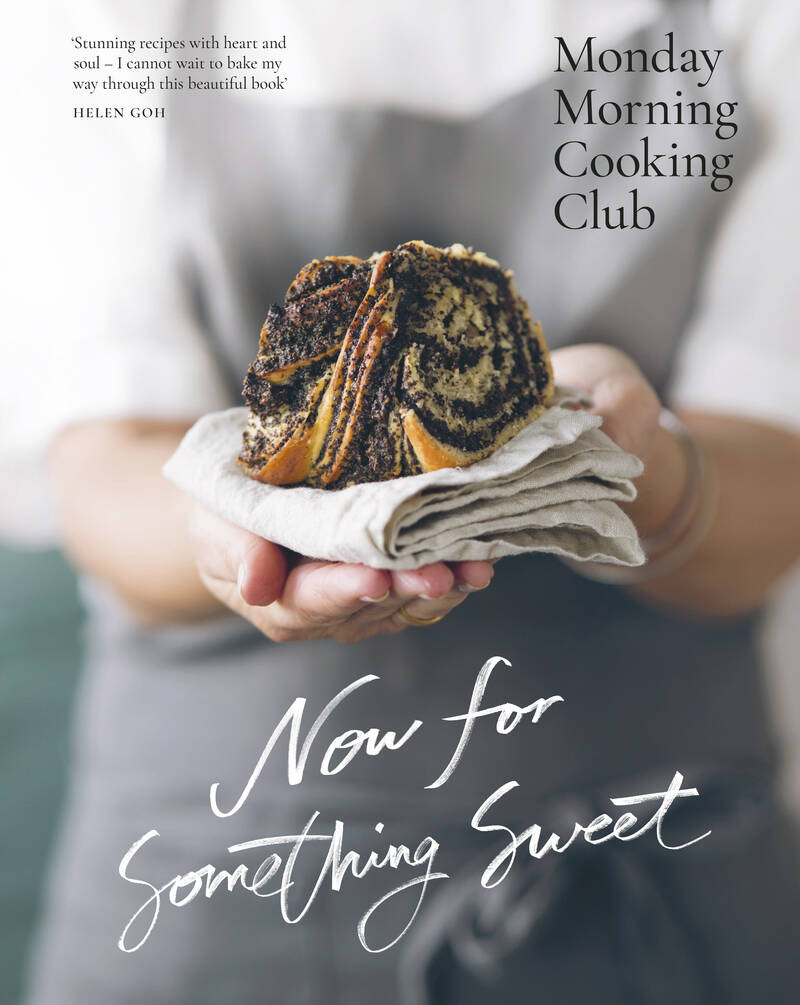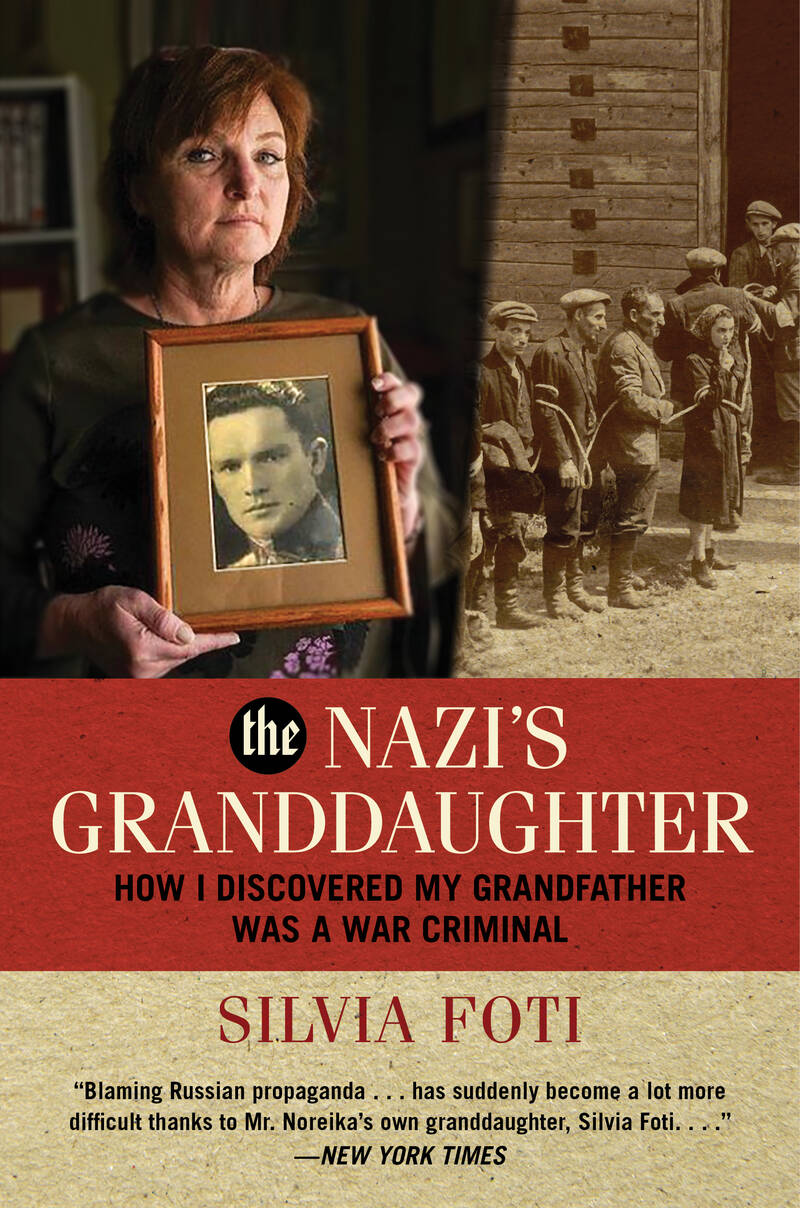JBC Author Series 21-22
JBC Author Series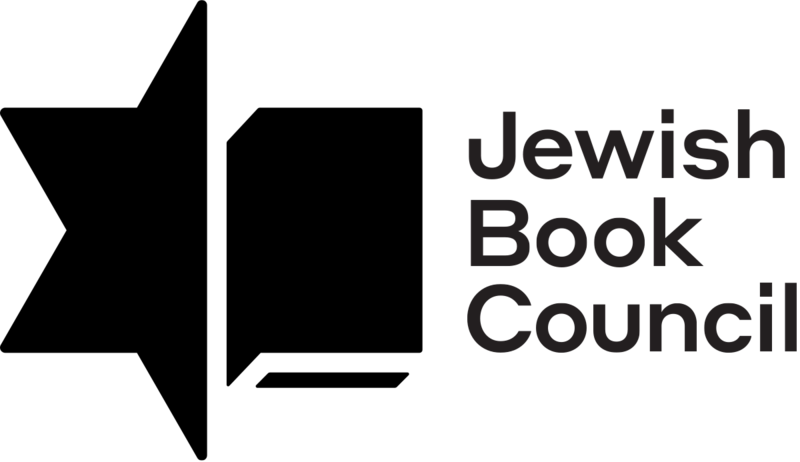
Jewish Book Council is the longest-running organization devoted exclusively to the support and celebration of Jewish literature.
For over seventy years, they have used literature to bring people together for meaningful discussions around Jewish life, identity, and culture. As a part of the JBC network, we are thrilled to welcome authors from far and wide to our community here in Port Washington, to share their teachings with us throughout the year.
Below you will find our JBC Author Events
from 5782 / 2021-2022.
To view the 5781 / 2020-2021 events, click here.
Click on a book cover to learn more, to purchase the book,
or to watch the archived event.
 |
||
PRESENTED IN PARTNERSHIP BY:


Annelise Heinz
from Wednesday, October 6 at 12:00 PM via Zoom
View the Archived Event Here
Mahjong: A Chinese Game and the Making of Modern American Culture illustrates how the spaces between tiles and the moments between games have fostered distinct social cultures in the United States. This mass-produced game crossed the Pacific, creating waves of popularity over the twentieth century. Annelise Heinz narrates the history of this game to show how it has created a variety of meanings, among them American modernity, Chinese American heritage, and Jewish American women’s culture. As it traveled from China to the United States and caught on with Hollywood starlets, high society, middle-class housewives, and immigrants alike, mahjong became a quintessentially American game.
Click here* to purchase Mahjong: A Chinese Game and the Making of Modern American Culture
*For each purchase using the link above, the synagogue receives a small commission.
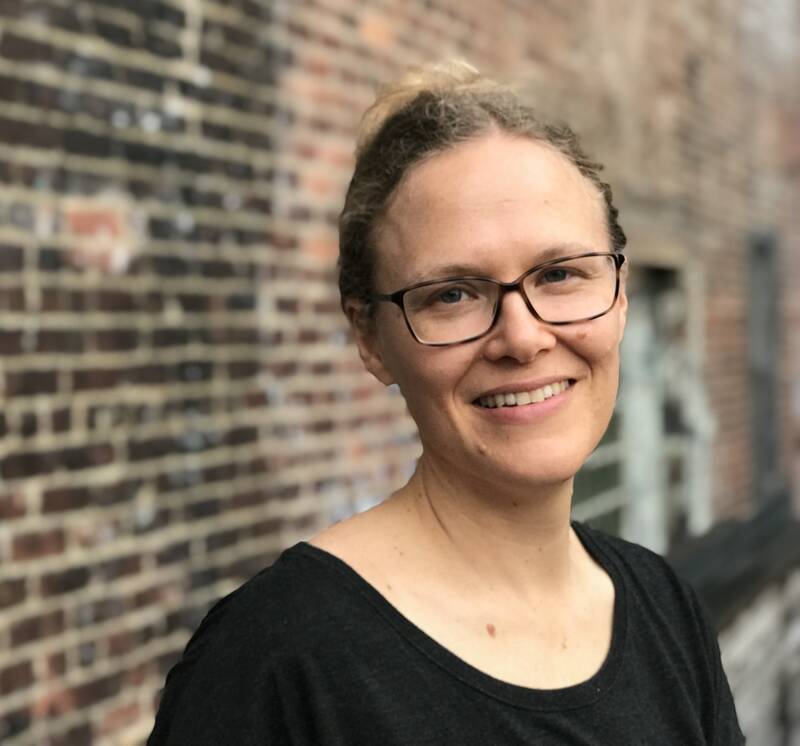
Annelise Heinz is an assistant professor of history at the University of Oregon. Her work has been featured on National Public Radio and international Chinese television. She has lived and played mahjong in the United States and Southwestern China.
► BACK TO TOP
Steven Raichlen
from Thursday, October 7 at 10:30 AM via Zoom
Offered as part of our "My Plate Overfloweth" Four-Part Workshop
America’s grilling guru offers a primer for how to grill vegetables – with lots of creative flavors and techniques–whether you’re eating main dishes that highlight vegetables, or you’re rounding out the barbecue menu with grilled garden-fresh sides. Not a vegetarian book, but vegetable-forward (and with vegetarian and vegan adaptation).
Click here* to purchase How to Grill Vegetables: The New Bible for Barbecuing Vegetables over Live Fire
*For each purchase using the link above, the synagogue receives a small commission.
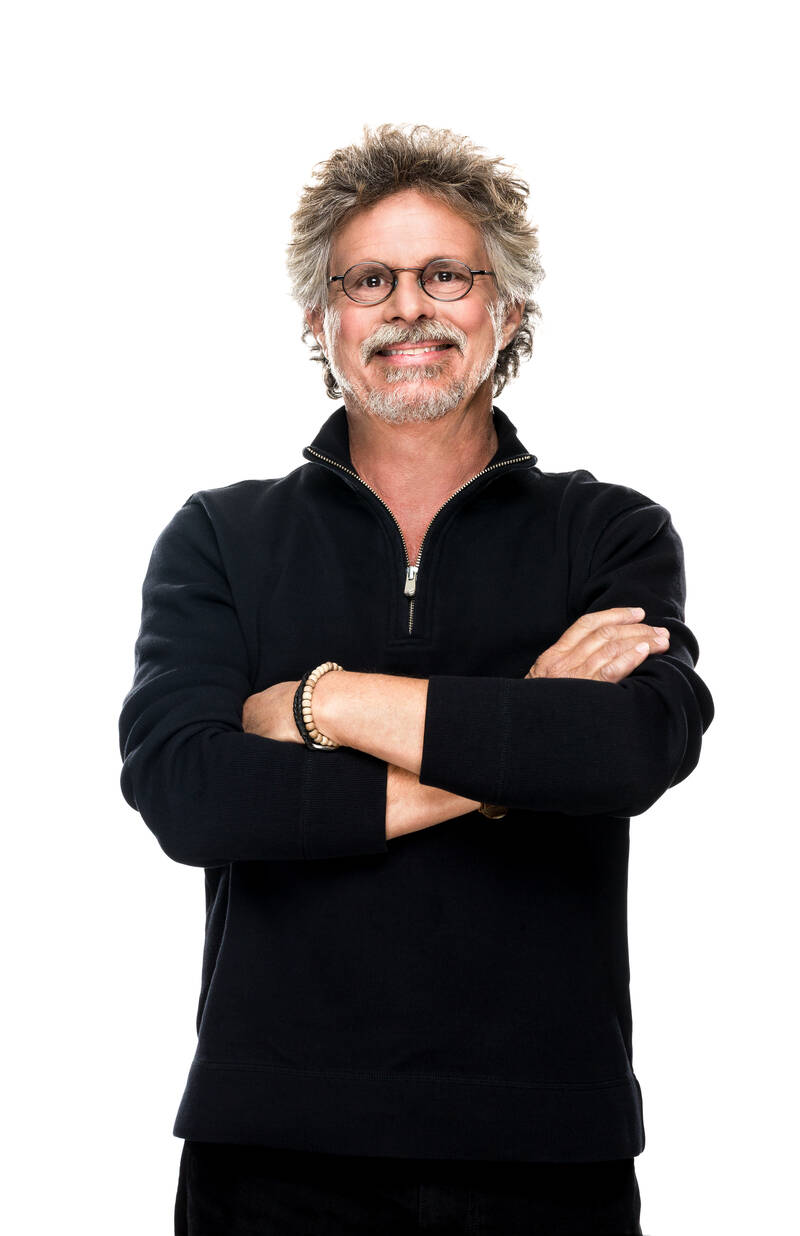 Steven Raichlen is the author of the New York Times bestselling Barbecue! Bible cookbook series, which includes the new Brisket Chronicles, Project Fire, Barbecue Sauces, Rubs, and Marinades; Project Smoke; The Barbecue Bible; and How to Grill. Winners of 5 James Beard awards and 3 IACP awards, his books have been translated into 17 languages. His TV shows include the public television series Steven Raichlen’s Project Fire, Project Smoke; Primal Grill; and Barbecue University; the French language series Le Maitre du Grill, and the Italian series Steven Raichlen Grills Italy. Raichlen has written for the New York Times, Esquire, and all the food magazines; and is the founder and dean of Barbecue University. In 2015, he was inducted into the Barbecue Hall of Fame.
Steven Raichlen is the author of the New York Times bestselling Barbecue! Bible cookbook series, which includes the new Brisket Chronicles, Project Fire, Barbecue Sauces, Rubs, and Marinades; Project Smoke; The Barbecue Bible; and How to Grill. Winners of 5 James Beard awards and 3 IACP awards, his books have been translated into 17 languages. His TV shows include the public television series Steven Raichlen’s Project Fire, Project Smoke; Primal Grill; and Barbecue University; the French language series Le Maitre du Grill, and the Italian series Steven Raichlen Grills Italy. Raichlen has written for the New York Times, Esquire, and all the food magazines; and is the founder and dean of Barbecue University. In 2015, he was inducted into the Barbecue Hall of Fame.
► BACK TO TOP
David Grossman
from Wednesday, October 20 at 12:30 PM via Zoom
Join Jewish Book Council and internationally best-selling author David Grossman in a conversation about love, trauma, and healing. More Than I Love My Life is the story of three generations of women on an unlikely journey to a Croatian island and a secret that needs to be told, written by Booker Prize winner, Sapir Prize winner, and two-time National Jewish Book Award winner David Grossman. He will be joined by Jewish Book Council’s own Marilyn Hassid, in a conversation that will allow the audience a peek inside his inspiration for writing this book and more.
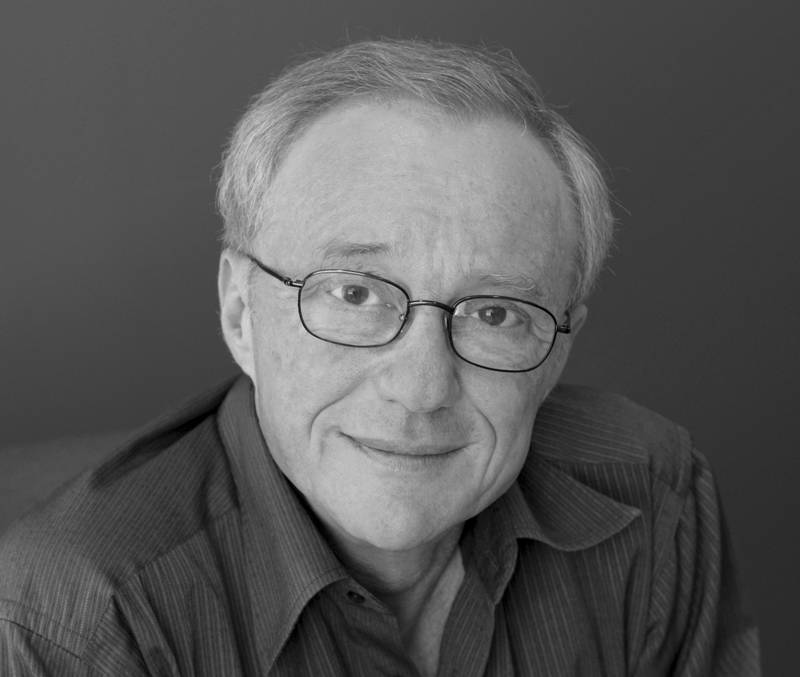 David Grossman was born in Jerusalem. He is the author of numerous works of fiction, nonfiction, and children’s literature. His writing has appeared in The New Yorker and has been translated into more than forty languages. He is the recipient of many prizes, including the French Chevalier de l’Ordre des Arts et des Lettres, the Buxtehuder Bulle in Germany, Rome’s Premio per la Pace e l’Azione Umanitaria, the Premio Ischia International Journalism Award, Israel’s EMET Prize, the Man Booker International Prize, and the Albatross Prize given by the Günter Grass Foundation. He lives in Jerusalem.
David Grossman was born in Jerusalem. He is the author of numerous works of fiction, nonfiction, and children’s literature. His writing has appeared in The New Yorker and has been translated into more than forty languages. He is the recipient of many prizes, including the French Chevalier de l’Ordre des Arts et des Lettres, the Buxtehuder Bulle in Germany, Rome’s Premio per la Pace e l’Azione Umanitaria, the Premio Ischia International Journalism Award, Israel’s EMET Prize, the Man Booker International Prize, and the Albatross Prize given by the Günter Grass Foundation. He lives in Jerusalem.
► BACK TO TOP
Daniel Sokatch
Monday, December 13 at 7:30 PM via Zoom
Offered as part of our "Courageous Conversations" Four-Part Workshop
Can We Talk about Israel? is a supremely nuanced discussion of the Israeli-Palestinian conflict, past and present. It is broad in scope yet detailed in analysis, thought-provoking for the well-informed yet accessible for the new learner. It is an important and needed addition to the books on the subject.
Sokatch is remarkably deft at holding multiple competing narratives at once. The detailed prose moves quickly, beginning with succinct explanations of Israel’s history,from ancient to present. Sokatch simultaneously describes the Zionist joy upon receipt of the Balfour Declaration, and why Palestinians felt so betrayed by the British dismissal of Hussein-McMahon promises. In the same breath, Sokatch summarizes why the Zionists accepted the Peel Commission proposal and the Palestinians rejected it, honoring and clarifying both sides. When revisiting the destruction of the village of Suba (Tzuba), Sokatch takes the reader on a quick journey beneath the soil to reveal why the Palestinians of Suba mourn the loss of their home, and why the Israelis who then founded Palmach Tzuba see themselves as reclaiming land lost almost two thousand years ago. Sokatch’s discussion of the assassination of Rabin is similarly nuanced, painting a complex picture of how Rabin’s hopes and Yigal Amir’s fears (stoked by others) collided in tragedy.
As the CEO of the New Israel Fund, Sokatch’s agenda is quite clear, and he shares that stance up front. He runs an organization with a goal of advancing Israel as a liberal democracy, and ensuring complete equality for all inhabitants. He believes that “the Israeli-Palestinian conflict is, essentially, a struggle between…‘righteous victims.’” The book is not overly slanted for or against Israel, Israelis, or Palestinians. Sokatch poses critical questions, and strives to give honor to why different peoples hold different memories about historical events, or feel differently about possible solutions to contemporary challenges.
Sokatch does not shy away from assessing difficult subjects. Some readers might appreciate his willingness to dive into the debate about the term “apartheid,” Boycott, Divestment, Sanctions as a concept versus BDS as a movement, and the potential apocalyptic risks of Israel’s strong support from the evangelical community which influences Israeli policy and Jewish activity regarding the Temple Mount. Others might criticize Sokatch for being “too left” because of the content choices, yet the book does not read as such. The subjects are controversial, but the arguments are well crafted and supported, leaving nothing out, and also much room for discourse. The illustrations by Christopher Noxon highlight key stories and capture their emotions. The side notes throughout, coupled with the extensive glossary and bibliography at the end, provide ample opportunities for continued study.
If you’re looking for a detailed, nuanced conversation about Israel, this is the book for you. It is an important addition to the existing lexicon, with a fresh and honest voice, a critical eye, careful attention to detail, great concern for the humans at the heart of the story, and the resolve that one should not give up hope for a peaceful resolution (or resolutions), somehow, someday.
Click here* to purchase Can We Talk about Israel?: A Guide for the Curious, Confused, and Conflicted
*For each purchase using the link above, the synagogue receives a small commission.
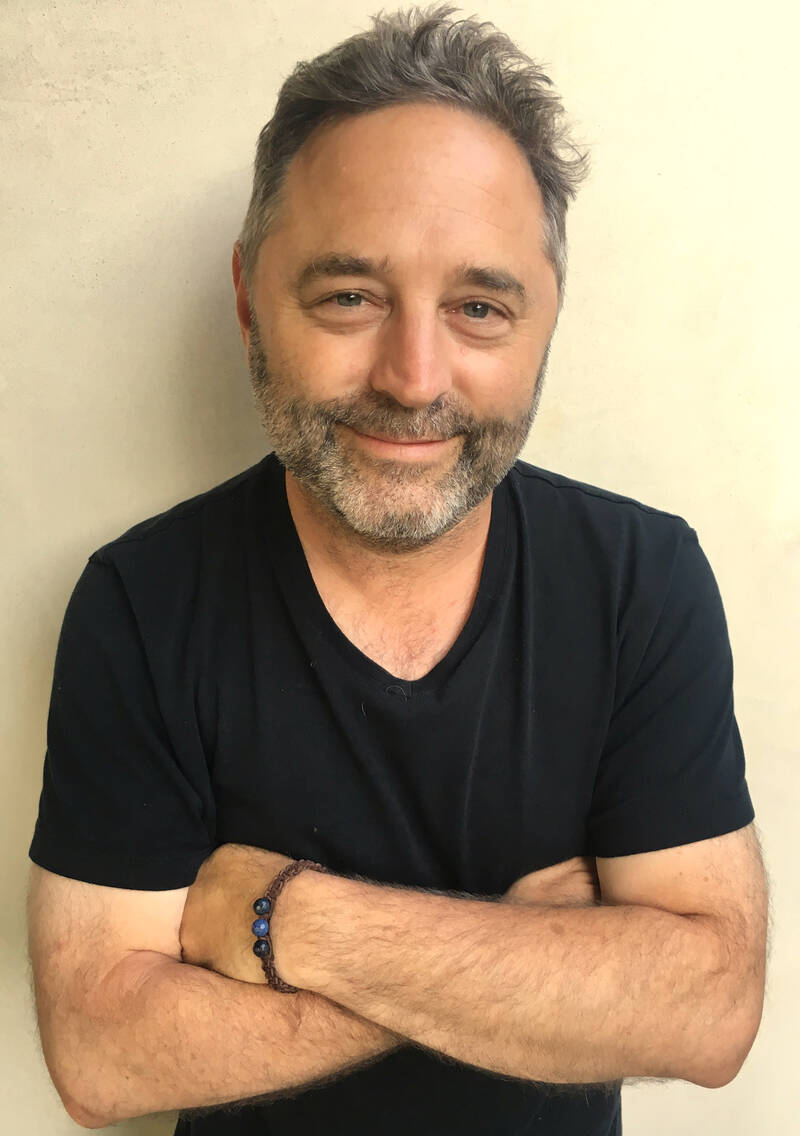
Daniel Sokatch is the Chief Executive Officer of the New Israel Fund (NIF). He served as the Executive Director of the Jewish Community Federation of San Francisco, the Peninsula, Marin and Sonoma Counties, and as the founding Executive Director of the Los Angeles-based Progressive Jewish Alliance. Sokatch has an MA from the Fletcher School at Tufts University, a JD from Boston College Law School, and a BA from Brandeis University.
► BACK TO TOP
Dr. Harold Koplewicz
Thursday, January 13 at 8:00 PM via Zoom
Offered as part of our "Raising a Mensch" Four-Part Workshop
Just as sturdy scaffolding is necessary when erecting a building but will come down as the structure grows stable, good parenting provides children with steady, warm, emotional nourishment on the path toward independence. Never-ending parental problem-solving and involvement can have the opposite effect, enabling fragility and anxiety over time.
In The Scaffold Effect, world-renowned child psychiatrist Harold Koplewicz introduces the powerful new and clinically tested idea that this deliberate build-up and then gradual loosening of parental support is the single most effective way to encourage kids to climb higher, try new things and grow from mistakes, and to develop character and strength. Offering the ten building blocks or “planks” of an effective scaffold—from laying a solid foundation to setting limits and minimizing cracks—he expertly guides parents through the strategies they need to raise empowered, capable kids while building parent-child bonds that will survive adolescence and grow stronger into adulthood.
To see Dr. Koplewicz on TODAY with Hoda & Jenna, click here.
For Dr. Koplewicz's conversation with Dax Shepard on his podcast, click here.
To see Dr, Koplewicz on the PEOPLE's panel, "Let's Talk About It: Youth and Mental Health - A Conversation with the Cast of Dear Evan Hansen and PEOPLE", click here.
Click here* to purchase The Scaffold Effect: Raising Resilient, Self-Reliant, and Secure Kids in an Age of Anxiety
*For each purchase using the link above, the synagogue receives a small commission.
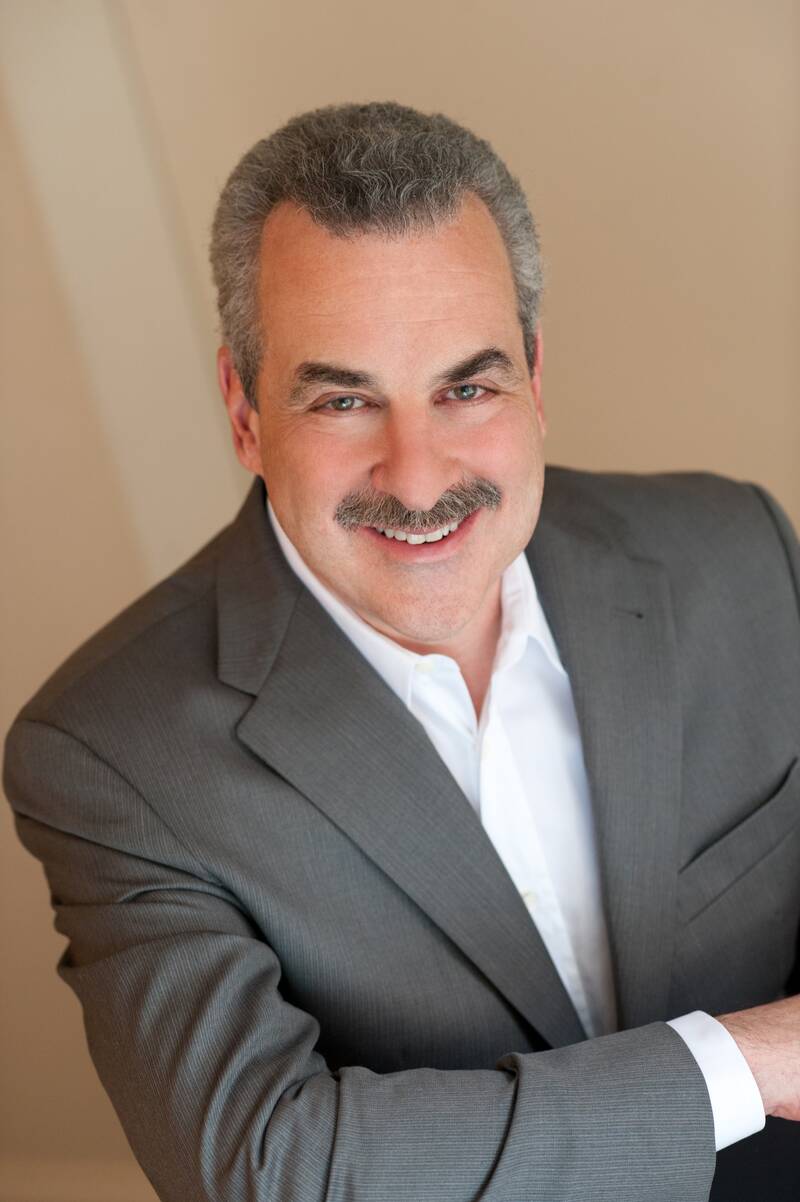
Harold S. Koplewicz, MD, is the founding president and medical director of the Child Mind Institute, the only independent national nonprofit dedicated to child and adolescent mental health. One of the nation’s leading child and adolescent psychiatrists, Dr. Koplewicz was previously founding director of the NYU Child Study Center and served as director of the Nathan S. Kline Institute for Psychiatric Research. He has been interviewed for multiple national broadcast and print outlets and his writing has appeared in TIME and USA Today. He is the editor-in-chief of the Journal of Child and Adolescent Psychopharmacology and author of several books, including The Scaffold Effect: Raising Resilient, Self-Reliant and Secure Kids in an Age of Anxiety. The Child Mind Institute’s award-winning website has brought accessible information to more than 50 million parents, teachers and mental health professionals. During the coronavirus pandemic, Dr. Koplewicz led the organization in a digital transformation to bring families everywhere mental health support including telehealth treatment, hotlines for front line professionals, resources for underserved communities and #WeThriveInside, a celebrity social media campaign that reached more than 250 million people.
Find out more on his website.
► BACK TO TOP
Marc Bookman
Thursday, January 27 at 7:30 PM on Zoom
Offered as part of our "Courageous Conversations" Four-Part Workshop
As Ruth Bader Ginsburg has noted, people who are well represented at trial rarely get the death penalty. But as Marc Bookman shows in a dozen brilliant essays, the problems with capital punishment run far deeper than just bad representation. Exploring prosecutorial misconduct, racist judges and jurors, drunken lawyering, and executing the innocent and the mentally ill, these essays demonstrate that precious few people on trial for their lives get the fair trial the Constitution demands.
Today, death penalty cases continue to capture the hearts, minds, and blasts of progressives of all stripes‚ including the rich and famous (see Kim Kardashian’s advocacy)‚ but few people with firsthand knowledge of America’s “injustice system” have the literary chops to bring death penalty stories to life.
Enter Marc Bookman. With a voice that is both literary and journalistic, the veteran capital defense lawyer and seven-time Best American Essays’ notable author exposes the dark absurdities and fatal inanities that undermine the logic of the death penalty wherever it still exists.
Click here* to purchase A Descending Spiral: Exposing the Death Penalty in 12 Essays
*For each purchase using the link above, the synagogue receives a small commission.
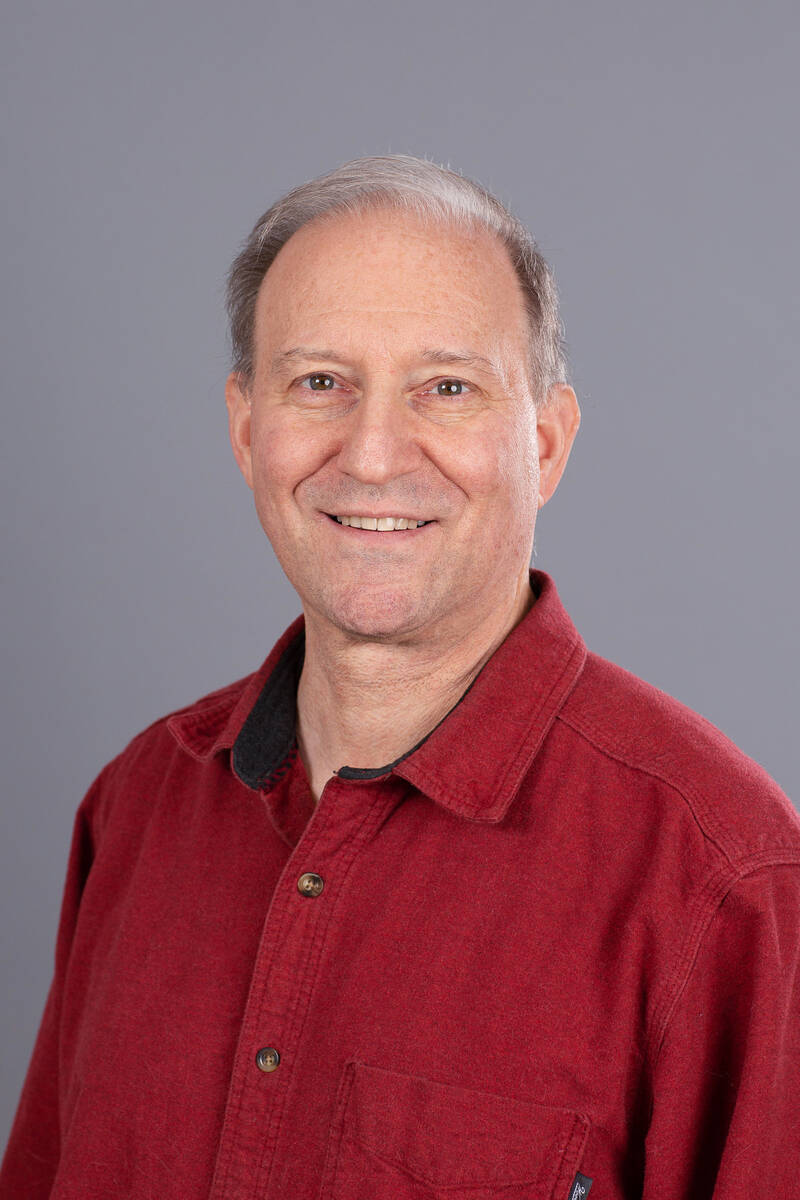
Marc Bookman is the executive director of the Atlantic Center for Capital Representation, a nonprofit that provides services for those facing possible execution. Before that he spent many years in the Homicide Unit of the Defender Association of Philadelphia. He has published essays in The Atlantic, Mother Jones, VICE, and Slate. He lives in Philadelphia. Find out more on his website.
► BACK TO TOP
Lisa Goldberg, Merelyn Frank Chalmers, & Natanya Eskin
Monday, January 31 at 8:00 PM on Zoom
Offered as part of our "My Plate Overfloweth" Four-Part Workshop
An apricot rugelach that sealed a marriage proposal. Sufganiyotthat evoke Sunday morning strolls on the water’s edge in Port Melbourne. A Ben & Jerry’s – inspired charoset ice cream. Every sweet has a story in the Monday Morning Cooking Club’s fourth output, Now for Something Sweet.
“There’s something about the Jewish community and cake,” the women of MMCC write in the introduction. In their newest collection of crowd-sourced heirloom recipes — this time strictly dessert — the Australian “Sisterhood” appears to be in search of just what that “something” is.
Something Sweet, like past MMCC works, strikes at the heart of what Jewish diasporic cuisine is — both far-reaching and intimate. It’s also their brand’s charm. The recipes span continents, generations, and, of course, flavors. But the stories have connective tissue: passion and poignancy. More than anything, reading Something Sweet is like being invited into a warm kitchen and told cherished family lore.
Although the book features dishes that might be complex for the beginning baker, it also includes helpful resources on the basics. The “Kitchen Notes” section offers a primer on measurements, equipment, ingredients and technique, while the sections on how to bake cake, pastry, and other staples advise novices and anyone needing a refresher with succinct explanations and sometimes step-by-step photo guides.
The chiffon section stands out as a highlight. It’s hard not to smile when reading MMCC member Merelyn Frank describing a poppy seed chiffon made “famous all over Perth” by her late mother, Yolan. Frank reveals that it was even occasionally smuggled by airplane to friends in France. The prized recipe, long kept secret, is here. There’s also a noteworthy you-won’t‑believe-it’s‑kosher-for-Passover Nut Chiffon, which utilizes matzo meal and potato flour.
Don’t worry. Anyone trying chiffon for the first time can consult the “How to Chiffon” section.
Fans of Shavuot should rejoice, too. The sweet cheese section is filled with creations perfect for the Jewish calendar’s dairy festival. From a polenta-crusted Romanian loaf to an apricot-studded kolac (Czech-style pastry), everything here is worth trying. The South African cheesecake, an old MMCC favorite from The Food, the Stories, the Sisterhood, is tweaked in this section to glorious perfection.
We’re living in a moment when communities everywhere are exploring and reimagining what connection means. That’s what the “Sisterhood” does through the universal language of food. Right when we all needed it, the Monday Morning Cooking Club has delivered something special — or rather, Something Sweet.
Click here* to purchase Now for Something Sweet
*For each purchase using the link above, the synagogue receives a small commission.
 The sisterhood is comprised of Lisa Goldberg, Merelyn Frank Chalmers, Natanya and Jacqui Israel from Sydney’s Jewish community. They think of themselves as their own little melting pot, which is reflected in their heart-warming and gorgeous books. They live in Sydney, Australia, but come from different backgrounds. Merelyn comes from Perth, with Hungarian heritage. Jacqui started her life on the Sydney north shore with an English background. Lisa is from Melbourne, of Polish stock. Natanya is a Sydney girl with Shanghai/Russian roots. More ideas, more cooking and more love!
The sisterhood is comprised of Lisa Goldberg, Merelyn Frank Chalmers, Natanya and Jacqui Israel from Sydney’s Jewish community. They think of themselves as their own little melting pot, which is reflected in their heart-warming and gorgeous books. They live in Sydney, Australia, but come from different backgrounds. Merelyn comes from Perth, with Hungarian heritage. Jacqui started her life on the Sydney north shore with an English background. Lisa is from Melbourne, of Polish stock. Natanya is a Sydney girl with Shanghai/Russian roots. More ideas, more cooking and more love!
In 2006 it all began when they started to meet every Monday morning – to chop and stir, mince and roll, roast and bake, fry and boil. They tasted and ate, laughed and debated, argued and agreed. They culled and vetted, tested and re-tested, and argued and laughed some more. The end result – a curated and fine-tuned collection of brilliant heirloom recipes and stories to share with the world and pass on to the next generation. Over a chopping board and hot stove, with many cups of tea and the odd piece of cake, a unique bond began to form. They started out as a group of individuals and are now a sisterhood. They want to continue to collect, test, curate, share and preserve those treasured recipes from the older generation for their own generation, and for the future.
► BACK TO TOP
Corey Rosen
Wednesday, February 9 at 7:30 PM
Offered as part of our "Let's Create" Four-Part Workshop
We’ve all got stories to tell, but how do you make your story the best story? In Your Story, Well Told, Moth veteran and master teacher, Corey Rosen, inspires you to get on stage and tell your story. Using the best storytelling techniques from improvisational theatre, Rosen designs an accessible guide for all ages and skill levels. Crafted to help ordinary people tell extraordinary stories, this laugh-out-loud handbook covers everything from how to tell a good story to going off-script.
The best storytelling uses improvisation to enthrall, entertain, and keep audiences on edge. Laugh along with tales of performance triumphs (and disasters) and explore ways to tell your story with confidence and spontaneity. From brainstorming and development to performance and memorization techniques, you’ll learn how to tell a good story with:
— A variety of structures and editing approaches that bring out your best story
— Broadly-tested improv exercises to stimulate creativity without feeling foolish
— Quick and easy lessons on building stories to tell
Click here* to purchase Your Story, Well Told: Creative Strategies to Develop and Perform Stories that Wow an Audience
*For each purchase using the link above, the synagogue receives a small commission.
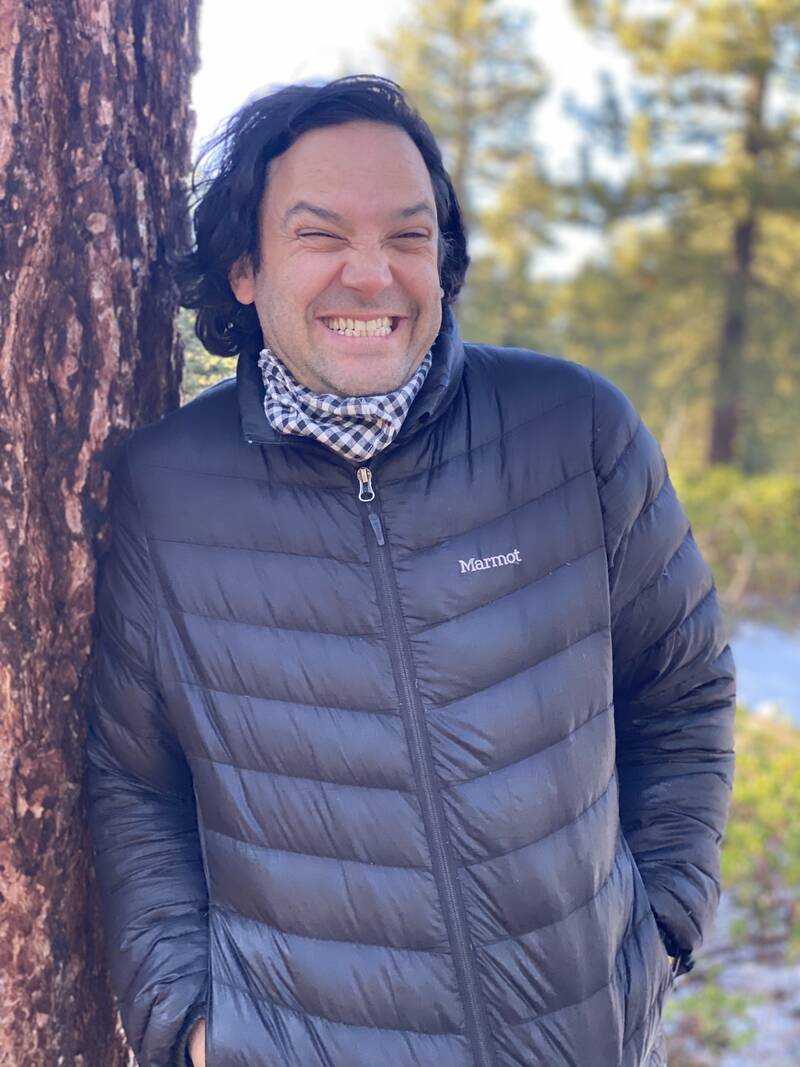
Corey Rosen is an author and storyteller who lives in San Francisco. He is a regular host of The Moth StorySlam series in the Bay Area. His stories have been featured on The Moth Radio Hour. Corey began his career writing for Jim Henson Productions, Comedy Central, and Lucasfilm. His film credits (as a VFX Artist) include Iron Man, Grindhouse, Ted, and several Star Wars movies. Find out more on his website.
► BACK TO TOP
Suzanne Nossel
Wednesday, March 16 at 7:30 PM via Zoom
Offered as part of our "Courageous Conversations" Four-Part Workshop
THIS EVENT WAS CANCELLED SINCE AUTHOR WAS CALLED IN FOR A TV INTERVIEW RE: UKRAINE.
In an era where one tweet can launch or end your career, where free speech is invoked with great passion but limited understanding, where the First Amendment can be mistaken as a smokescreen for hatred, learning to maneuver the rough and tumble terrain of public discourse has never been more urgent.
In Dare to Speak, leading free expression advocate Suzanne Nossel argues that we can and must uphold the rights of individuals to speak their minds, while also working assiduously to build a more equitable, inclusive public culture committed to dismantling racism and other forms of bigotry. Centered on 20 easy-to-grasp, practical principles, Nossel’s manifesto equips readers with essential tools to navigate today’s diverse, digitized, and deeply divided society without curbing free expression. Her examples include incidents involving antisemitic and anti-Israel speech on campus and her presentation addresses how Jewish communities can reconcile their commitment to combat hatred and defamation with robust protections for free speech – and why they should. Nossel advises readers how to use language conscientiously, defend the right to express unpopular views, and protest speech without silencing it, providing concrete guidance on how to reconcile these sometimes competing imperatives within universities, on social media, and in daily life. Replete with insightful arguments, colorful examples, and salient advice, Dare to Speak brings much-needed clarity to the raging debate over how whether free speech can survive intact in the twenty-first century. Suzanne Nossel is CEO of PEN America, the writers’ human rights organization devoted to defending free expression worldwide.
Click here* to purchase Dare to Speak: Defending Free Speech for All
*For each purchase using the link above, the synagogue receives a small commission.
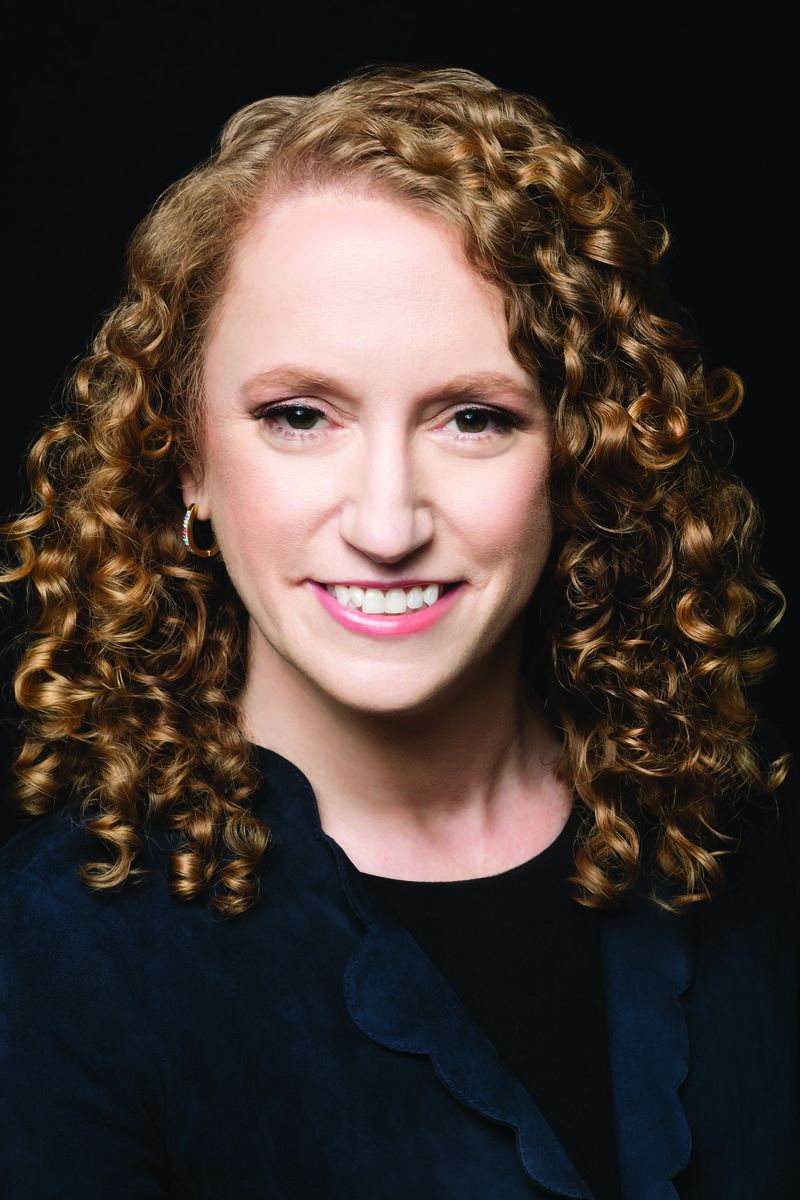
Suzanne Nossel serves as the Chief Executive Officer of PEN America, the leading human rights and free expression organization. She is a leading voice on free expression issues in the United States and globally, writing and being interviewed frequently for national and international media outlets. Her prior career spanned government service and leadership roles in the corporate and nonprofit sectors. She has served as the Chief Operating Officer of Human Rights Watch and as Executive Director of Amnesty International USA. During the first term of the Obama Administration, Nossel served as Deputy Assistant Secretary of State for International Organizations, where she led U.S. engagement in the United Nations and multilateral institutions, on human rights and humanitarian issues. Nossel coined the term “Smart Power,” which was the title of a 2004 article she published in Foreign Affairs Magazine and later became the theme of Secretary of State Hillary Clinton’s tenure in office. Nossel is a magna cum laude graduate of both Harvard College and Harvard Law School. Find out more on her website.
► BACK TO TOP
Silvia Foti
Wednesday, April 27 at 7:30 PM
Featured part of our Community Yom HaShoah Services at TCS
View the Archived Event Here
Silvia made a deathbed promise to her mother to write a book about her famous, WWII hero grandfather, Jonas Noreika, twenty-one years ago. Silvia’s grandmother begged her not to write about her husband. “Just let history lie,” she whispered. Silvia had no idea that in keeping her promise to her mother, her discoveries would bring her to a personal crisis, challenge her Catholic faith, unearth Holocaust denial, and expose an official cover-up by the Lithuanian government.
Her goal in writing this story of her grandfather, known as General Storm in Lithuania, is to upend Lithuania’s narrative that Lithuanians had nothing to do with killing Jews, that it was all done by German Nazis.
Parts of this story have been covered by:
BBC HARDtalk: When Truth Trumps Family Loyalty
NBCnews.com: How A Chicago Teacher Sparked a ‘Memory War,’ Forcing Lithuania to Confront Its Nazi Past
The New York Times: Nazi Collaborator or National Hero? A Test for Lithuania
NYT op-ed: No More Lies. My Grandfather Was A Nazi
Chicago Tribune: She thought her grandfather was a Lithuanian hero. Research leads her to ask was he a patriot or a Nazi?
Chicago Tribune op-ed: My grandfather’s role in the Nazi occupation is forcing a reckoning in Lithuania
and Salon.com: My grandfather wasn’t a Nazi-fighting war hero—he was a brutal collaborator
Click here* to purchase The Nazi's Granddaughter
*For each purchase using the link above, the synagogue receives a small commission.
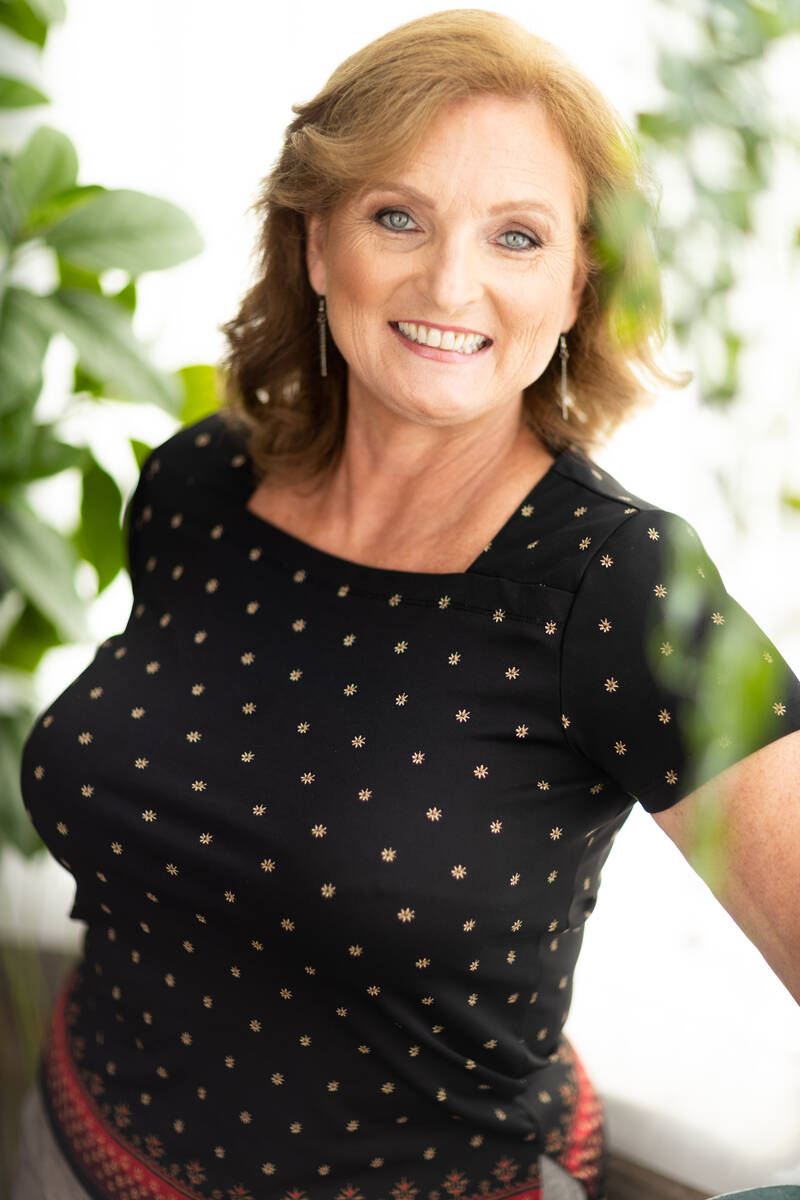
Silvia Foti, author of the memoir The Nazi’s Granddaughter: How I Discovered My Grandfather Was a War Criminal, is an award-winning investigative journalist in Chicago and a high school literature teacher. She holds master’s degrees in journalism, education, and creative nonfiction. Find out more on her website.
► BACK TO TOP
Tracy Walder
from Wednesday, May 11 at 7:30 PM
Sponsored by Sisterhood
Tracy Walder, a Jewish American woman, was recruited by the CIA out of her sorority at the University of Southern California. On 9/11 she was tracking terrorists with President George W. Bush, Vice President Dick Cheney or Secretary of State Colin Powell looking over her shoulder. Driven to stop the new breed of terror that war created, Walder picked up her alias identity, flew overseas, and continued the hunt. Walder debriefed al-Qaeda’s top men‚ Jihadists who swore they’d never speak to a woman, particularly an American woman‚ and earned their trust, thus gaining critical and life-saving information. Walder held clandestine meetings in clandestine locales with spies and embedded civilians from other countries. She followed the trails she found across North Africa, Europe, and the Middle East.
She would eventually move over to the FBI working in counterintelligence where she faced rampant sexism. The Unexpected Spy is a powerful memoir about a woman who made a career in a male-dominated field and what she’s taken away from it now that she’s no longer in government service.
Click here* to purchase The Unexpected Spy
*For each purchase using the link above, the synagogue receives a small commission.
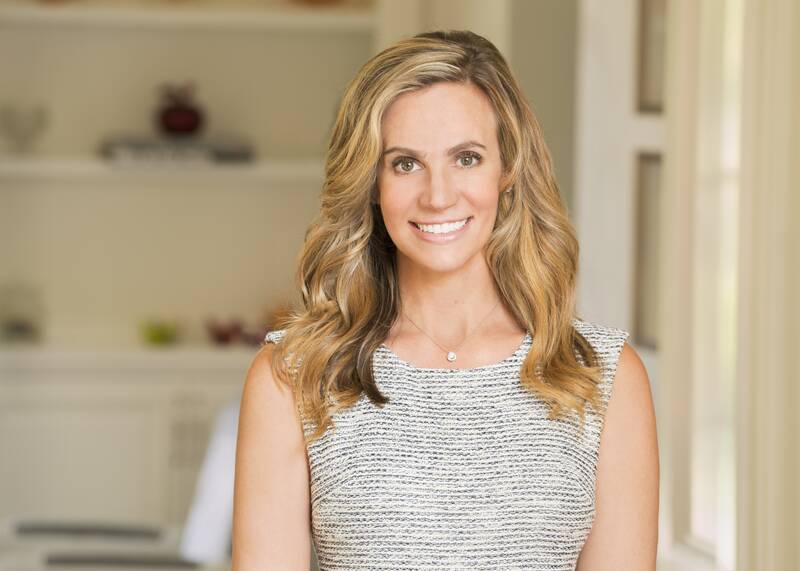
Tracy Walder is a former Staff Operations Officer (SOO) at the CIA’s Counterterrorism Center and a Special Agent at the FBI’s Los Angeles Field Office specializing in Chinese counterintelligence operations. She sits on the Board of Directors for Girl Security, a nonprofit, non-partisan group that brings national security curriculum to girls in high schools throughout the US. Find out more on her website.
► BACK TO TOP
Thu, October 16 2025
24 Tishrei 5786
-
Thursday ,
OctOctober 16 , 2025Finance Committee Meeting
Thursday, Oct 16th 7:30p to 9:00p
-
Saturday ,
OctOctober 18 , 2025Grade 7 Torah Study
Shabbat, Oct 18th 9:00a to 10:00a
-
Saturday ,
OctOctober 18 , 2025Shabbat Morning Service: Bar Mitzvah of Charlie Marrus
Shabbat, Oct 18th 10:30a to 12:00p
-
Sunday ,
OctOctober 19 , 2025ECC Family Photo day - Usually Outside
Sunday, Oct 19th (All day)
-
Sunday ,
OctOctober 19 , 2025Sunday Religious School Classes
Sunday, Oct 19th 9:00a to 10:45a
-
Sunday ,
OctOctober 19 , 2025Israel Seminar via Zoom
Sunday, Oct 19th 9:15a to 10:30a
| For Complete Community Calendar Click Here |
Worship Schedule
Shabbat "Bereshit" ~ "שבת "בראשית
Friday, October 17
6:30 pm – Erev Shabbat, worship in person or watch on our Website
Saturday, October 18
9:00 am – Shabbat Havurah Morning & Torah Study, worship and study in person or register here to join via Zoom. Torah Study will take place during Shabbat Havurah.
10:30 am – Shabbat Morning
Bar Mitzvah of Charlie Marrus, worship in person or watch on our Website.




